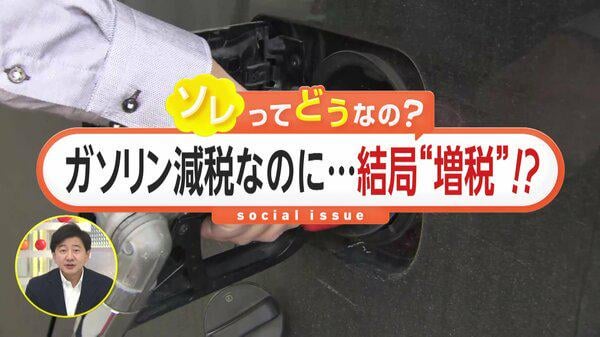
Japan’s long-running debate over gasoline taxes is taking an unexpected turn: what was billed as a tax cut may end up feeling like a new levy.
The government is weighing whether to abolish the “temporary” gasoline surcharge, first imposed more than 50 years ago to fund road construction and still worth about 25 yen per liter today. With pump prices hovering around 175 yen a liter, voters overwhelmingly support scrapping the tax. But ruling-party leaders warn that eliminating it would leave a roughly ¥1 trillion hole in public finances, money now used to repair aging roads, bridges, and other infrastructure.
That gap has sparked talk of simply replacing the surcharge with a different kind of tax, possibly still aimed at drivers. Analysts warn such a move risks being seen as little more than relabeling—an accounting trick that could fuel public anger. Opposition lawmakers have already criticized the idea, saying the government should cut wasteful spending instead of shifting burdens onto households.
Drivers interviewed at gas stations voiced frustration, saying the relief would vanish if new charges were introduced. Some experts suggest even electric vehicle owners—who pay no gas tax but still strain roadways—could eventually face fees.
Talks between ruling and opposition parties continue, with the next round set for August 28. For now, the promise of cheaper gasoline remains uncertain, overshadowed by the search for revenue to pay for Japan’s crumbling infrastructure.
by MagazineKey4532
